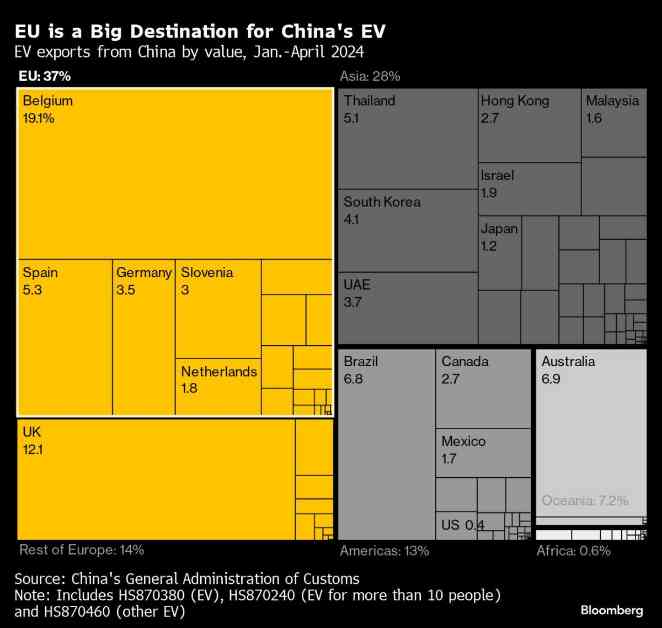Federal Reserve officials have decided to cut interest rates only once this year, with more reductions expected in 2025. They believe that keeping borrowing costs high for a longer period will help control inflation. The Bank of Japan has not yet revealed details about its bond buying plans, which has left the yen vulnerable to further declines. Right-wing political parties in Europe have dominated elections, causing the euro to drop to its lowest level in a month against the dollar.
In the US, Fed policymakers have adjusted their rate cut forecast, now expecting only one reduction this year, down from the three cuts projected in March. The decrease in underlying inflation in May has been seen as a positive sign for the economy and could pave the way for interest rate cuts. The issuance of catastrophe bonds has hit a record high due to the anticipation of a severe hurricane season.
In Asia, the Bank of Japan’s decision to maintain interest rates was expected, but the lack of details regarding debt purchases has surprised traders. South Korea’s labor market has shown signs of slowing down, which may prompt authorities to consider policy adjustments. In Europe, the euro has weakened against the dollar following the defeat of French and German leaders by far-right parties. The UK’s economic recovery has stalled, posing a challenge for Prime Minister Rishi Sunak.
Euro-zone industrial production has unexpectedly declined, casting doubt on the region’s economic recovery. In emerging markets, Israel’s conflict has led to inflationary concerns, while in the world market, there is a growing interest in uranium deposits as countries turn to nuclear energy for carbon-free power. Several countries, including Thailand, Peru, and Taiwan, have kept interest rates unchanged, while others like Ukraine, Pakistan, and Serbia have made rate adjustments.
Overall, the global economy is facing various challenges and uncertainties, from inflation to political shifts and economic slowdowns. It is crucial for policymakers to carefully monitor these developments and make informed decisions to support economic stability and growth.
















